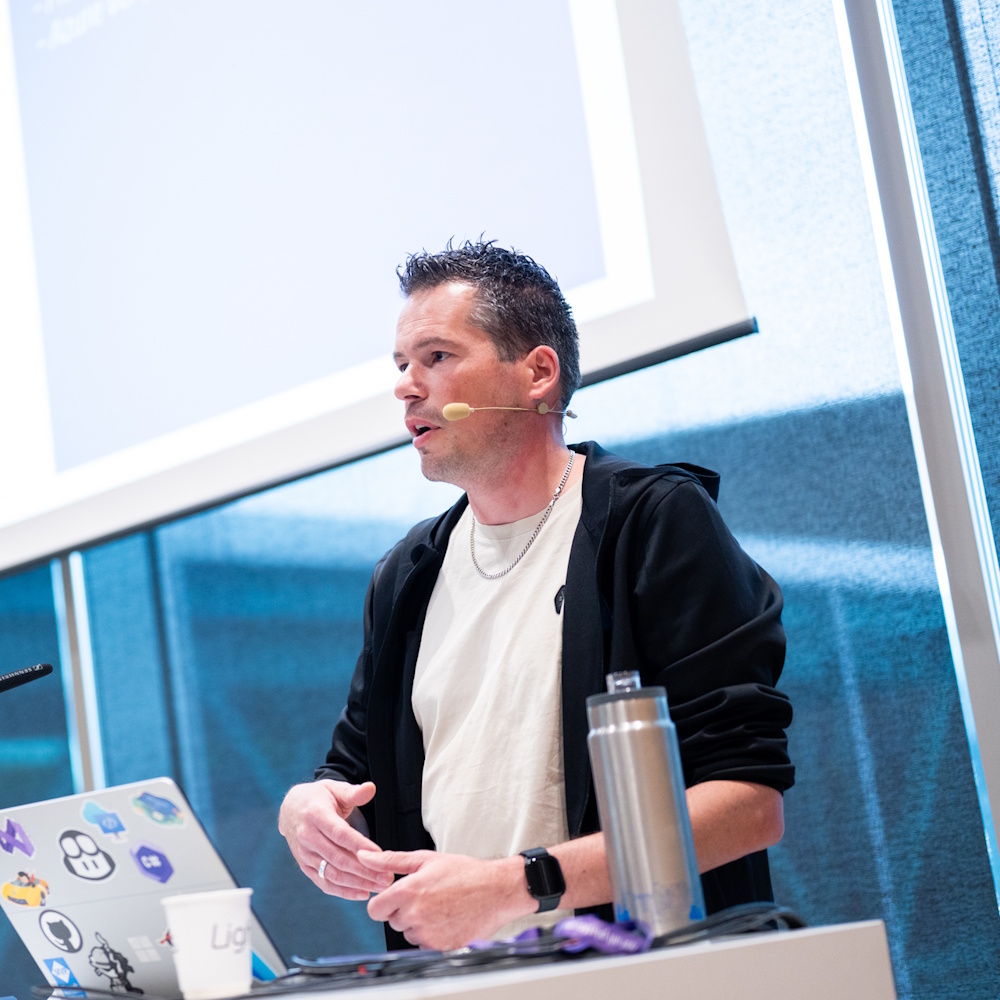What can DevOps do for you
Many organizations say they use DevOps, they see this as a methodology just like Scrum and Agile. However, DevOps is not a methodology but more a culture. The actual doing DevOps and living up to its principals will change the organization and his culture. In this blog I will give you more clarification regarding the DevOps way of working and what it can do for an organization.
What is Devops?
We are talking about DevOps here, but what is it? Many people refer to the collaboration between developers (dev) and administrators (operations). Over time, additional names such as “DevSecOps” and “BizDevOps” have been added. The collaboration between the various departments is the connecting factor here. Collaboration is a big part of the change you have to endure as an organization. This collaboration already says a lot, but it is not all that it is.
In the Microsoft world people know the definition of Cloud Advocate “Donovan Brown”. This definitions is from my opinion the real one.
“DevOps is the union of people, process, and products to enable continuous delivery of value to our end users.”
Donovan Brown
As you can read it is not only about the cooperation between developers and administrators, but about the cooperation between different people / departments in order to continuously deliver value of the end users.

The above image shows an infinite loop, this is something developers try to prevent originally, but it is important within DevOps that you as a team make a product and you also maintain it: "You build it, you run it!"
DevOps-team
A DevOps team consists of all the roles necessary to create and manage an application, for example. It is important that the team can continuously guarantee quality. This means that such a team can consist of many roles such as; a security officer, product owner, developer, administrators and functional specialists.
The biggest change is that these roles are normally spread within an organization and now effectively come together and start working together.
It is important for a DevOps team that the team is able to operate independently and effectively in order to deliver added value as quickly as possible. If DevOps principles are applied, such as: Continuous Delivery, Continuous Monitoring / Learning and Continuous Integration, a team can really accelerate, resulting in a shorter “time to market”. Besides this the quality of the products are being continuously guaranteed.
What are the advantages?
Working with DevOps teams offers many advantages; A team that is able to work efficiently and faster than, for example, traditional teams. By applying different principles such as Continuous Learning / Monitoring, the quality of products is also better.
This is mainly due to the fact that the team is continuous learning from the changes that are being made, in addition the interaction with the end customer is also more regular. This way they can ask themselves the question; is this functionality that we have developed really appreciated or is it better to remove it?
How do we apply it?
As mentioned, integrating DevOps into an organization requires a culture change or at least a change in mindset. It requires a different way of thinking and acting. To begin with teams, it is advisable to start small were in the value of DevOps can be proven and where it can be shown what the DevOps mindset can do for an organization.
To actually start with this, the tooling for such a team is also very important. By means of tooling such as Azure DevOps, a DevOps team can work successfully and efficient.
Blog originally published in dutch on the website of Microsoft Gold Partner 3fifty. If your are based in the Netherlands take a look at the website.
